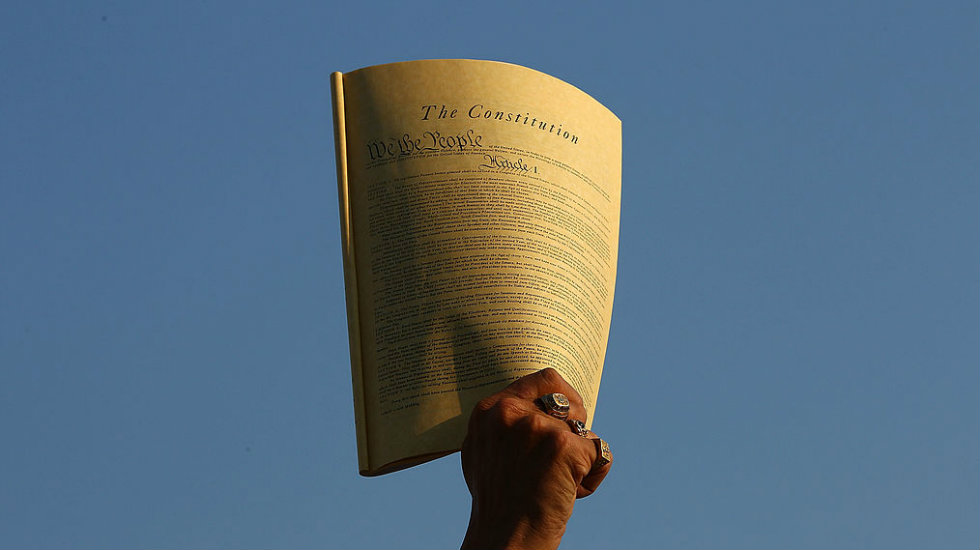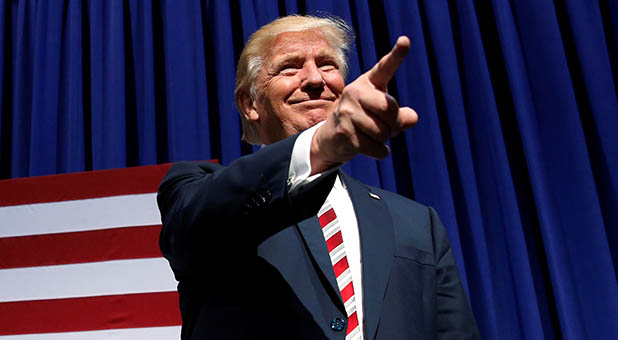Yes, President Trump has authority to declare national emergency for border wall
Supreme Court Justice Joseph Story once marveled, “How easily men satisfy themselves that the Constitution is exactly what they wish it to be.” If Story returned to life today, he would find these to be familiar times, as politicians and pundits have decided that the Constitution bars an action by President Trump, even when they reached the diametrically opposite conclusion on similar actions taken by President Obama during his term.
In the latest “constitutional crisis” declared on Capitol Hill, Democrats are adamant that they will not fund the signature pledge of Trump to build a border wall. In response, Trump has threatened to start construction unilaterally under his emergency powers if Congress refuses to yield to his demand for more than $5 billion. Critics turned to the Constitution and found clear authority against Trump. Representative Adam Schiff, Berkeley law school dean Erwin Chemerinsky, Yale law professor Bruce Ackerman, and many others denounced such a move as flagrantly unconstitutional.
The concern is well founded even if the conclusion is not. Congress has refused the funds needed for the wall, so Trump is openly claiming the right to unilaterally order construction by declaring a national emergency. On its face, that order would undermine the core role of Congress in our system of checks and balances. I happen to agree that an emergency declaration to build the wall is unwise and unnecessary. However, the declaration is not unconstitutional. Schiff, now chairman of the House Intelligence Committee, insists that Trump “does not have the power to execute” this order because “if Harry Truman could not nationalize the steel industry during wartime, this president does not have the power to declare an emergency and build a multibillion dollar wall on the border.”
The problem is Trump does have that power because Congress gave it to him. Schiff is referring to the historic case of Youngstown Sheet and Tube Company versus Charles Sawyer, in which the Supreme Court rejected the use of inherent executive powers by President Truman to seize steel mills during a labor dispute. He wanted to claim a national security emergency if steel production halted during the Korean War. In a powerful check on executive authority, the Supreme Court rejected his rationale for unilateral action. The Supreme Court was correct. But that was in 1952.
Read the rest from Jonathan Turley HERE.








Comments are closed.